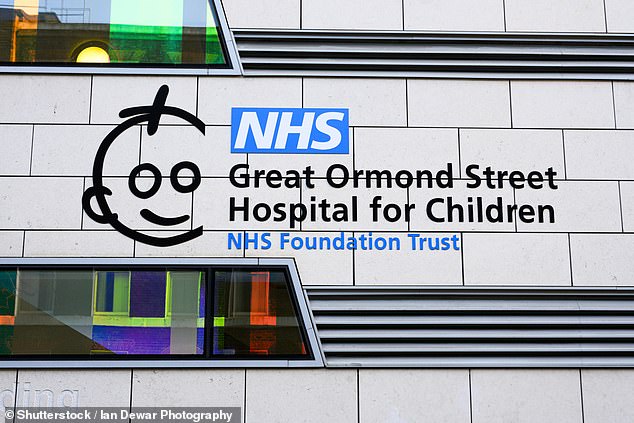A power cut at Great Ormond Street children’s hospital forced surgeons to finish an operation using the torches on their mobile phones.
The central London hospital, which treats 76,000 kids a year, has been blighted by power outages, water leaks, and issues with air filtration systems.
Recurring problems have led to delayed and cancelled operations, impacting patient safety and stopping patients from receiving timely care.
At one point last year, six of the hospital’s 15 operating theatres were out of action for maintenance.
In the most serious incident, in late 2023, power failed midway through complex spinal surgery.
The incident is detailed in a report by the care watchdog, the Care Quality Commission (CQC), which sent inspectors into the surgery department in March this year.
Its visit was prompted by concerns over the care provided to hundreds of children by Yaser Jabbar, an orthopaedic surgeon, the Sunday Times reported.
A number of children suffered unnecessary pain and failed surgeries, including some amputations, while under his care.

Sign at NHS Great Ormond Street Hospital for Children
The review of his cases is due to be completed later this year.
Staff told inspectors that there were repeated problems with the maintenance of operating theatres.
In its report, the CQC said: ‘A recent power outage during a spinal surgery procedure required staff to use mobile phone torches to complete wound closure.’
Great Ormond Street Hospital said the surgical lights immediately over the patient remained on during the power cut – but theatre staff moving around the operating theatre had to use their torches to avoid cables and find equipment needed during the procedure.
A spokeswoman blamed an electrical design fault for the power failure, adding that an external review had been commissioned and work was under way to fix the problems.
She said: ‘A decision was taken to stop the surgery to ensure the safety of the patient. The surgery was carried out at a later date and the patient is doing well.
‘As with many hospitals across the country, we have some parts of our hospital that are older and in need of upgrades to provide the best environment for patients and our staff. Improving these areas is part of our long-term plan for the hospital, and in the meantime our staff work hard to mitigate any issues that do arise.’
In its annual accounts, the hospital said it has been forced to pay a company for extra power to be supplied to the main hospital site.

Woman illuminated by the light from her mobile phone
The CQC also flagged concerns over staffing levels in its inspection report, saying: ‘Some surgical areas at the hospital faced challenges with staffing levels, especially in key clinical roles such as nurses and operating theatre staff.’
Overall it rated the leadership of the trust and surgery services as good but warned there is still work to do to reduce the risk of further scandals.
Nationally, NHS England data shows there is a £14 billion backlog in maintenance spending that is impacting on patient care.
In some cases hospitals are spending millions to maintain empty buildings that are no longer deemed safe for patients to be treated.
Saffron Cordery, deputy chief executive of NHS Providers, which represents trusts, said: ‘For years, investment in NHS buildings and equipment has been a neglected priority.
‘Now we’re paying the price with a ballooning repairs bill, bigger than the NHS’s annual capital budget.
‘Patching up is a recipe for poor patient care, low staff morale and falling productivity.’












